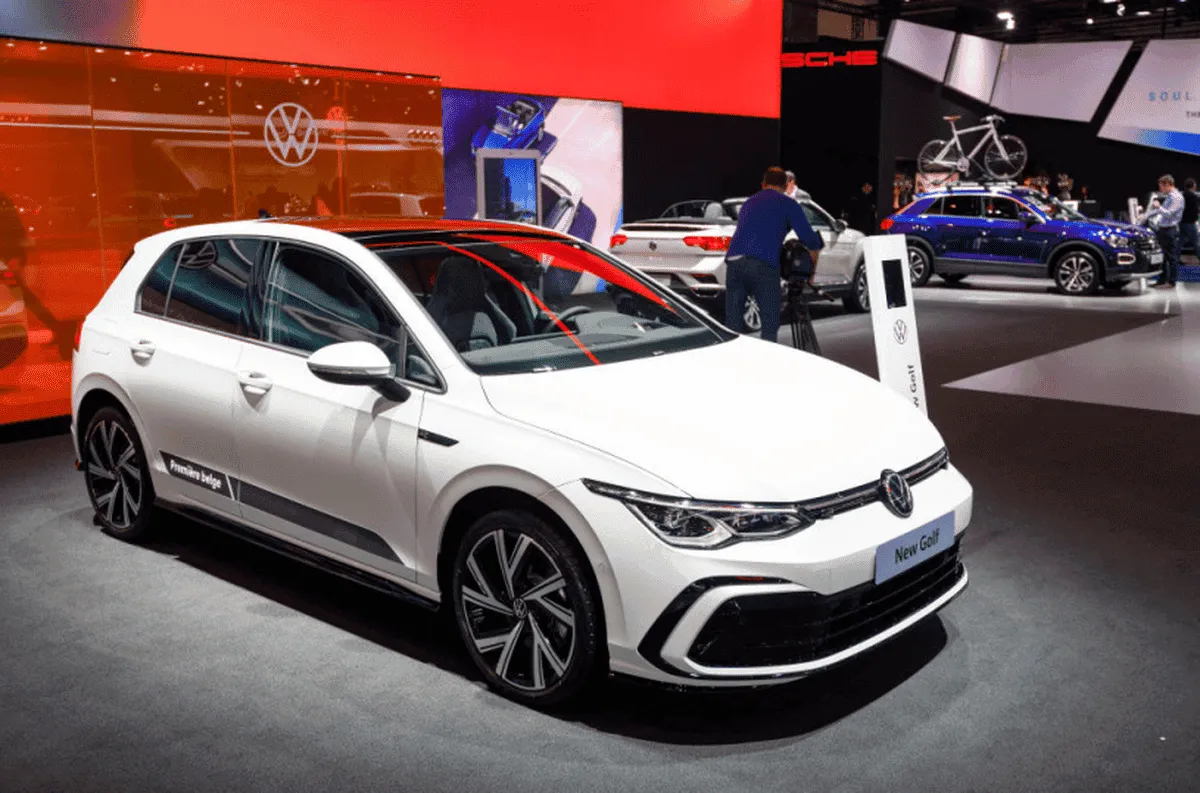The rapid development of intelligent networked vehicles in recent years has led to a large increase in the demand for chips. However, due to factors such as the epidemic, there have been significant chip shortages. The "lack of cores" has become an important constraint on the development of the automotive industry. Volkswagen no longer believes the chip shortage will end in 2023. The German car maker is preparing for a "new normal" of supply chain disruptions.

Murat Aksel, head of purchasing on Volkswagen's board of directors, told Autoweek, "Investment in new capacity is now on track, but there may still be a structural shortage of semiconductors through and including 2023,". He adds, "It's a structural problem, it can't get a quick fix". Aksel also claims that the supply of wiring harnesses was in short supply after the Russian-Ukrainian conflict. However, this is no longer a problem.
Aksel warns that "what we've seen in the supply chain over the past two years, this is the new normal". He adds that Volkswagen is investing heavily in early detection. "As new geopolitical issues emerge, if any, it will become more complex and challenging,"
U.S. & Asian chip makers issue warning
The U.S. and Asian chip makers warn that if Washington fails to pass the $52 billion CHIPS for America Act, they will have to delay or reduce U.S. investment plans. Nikkei Asian Review reports that Intel had indefinitely delayed the $20 billion chip factory in Ohio. The company blames the delay on the chip bill. The plant was originally scheduled to hold a groundbreaking ceremony on July 22. Intel claims it still intends to build a factory in Ohio, but that "the chip bill is moving slower than expectation..."
Supporters hope the US Congress will pass the revised version. If there is still no result, then there may be more obstacles ahead.






Place comments
0 Comments
You are currently seeing only the comments you are notified about, if you want to see all comments from this post, click the button below.
Show all comments